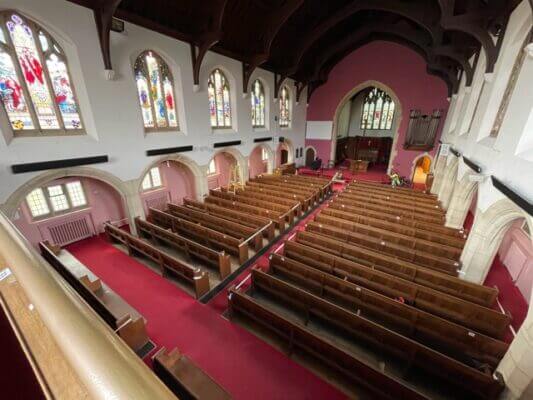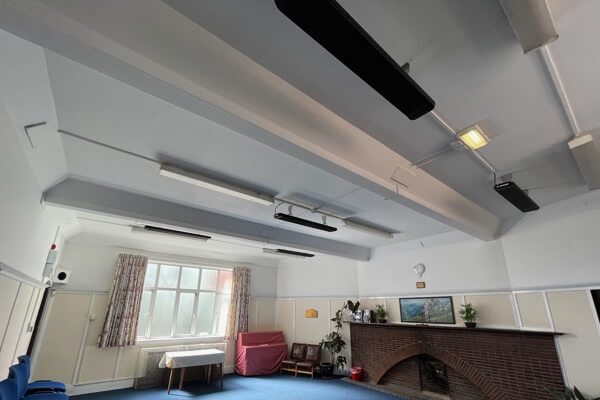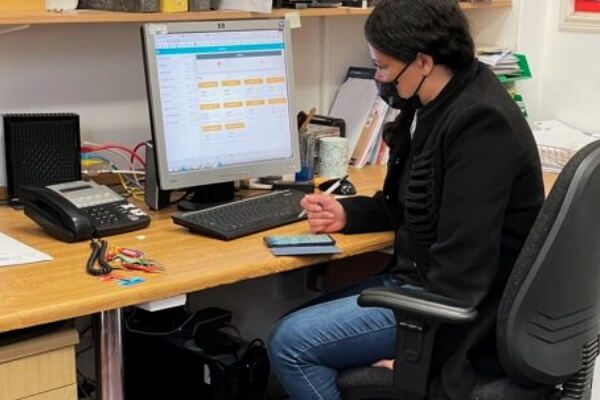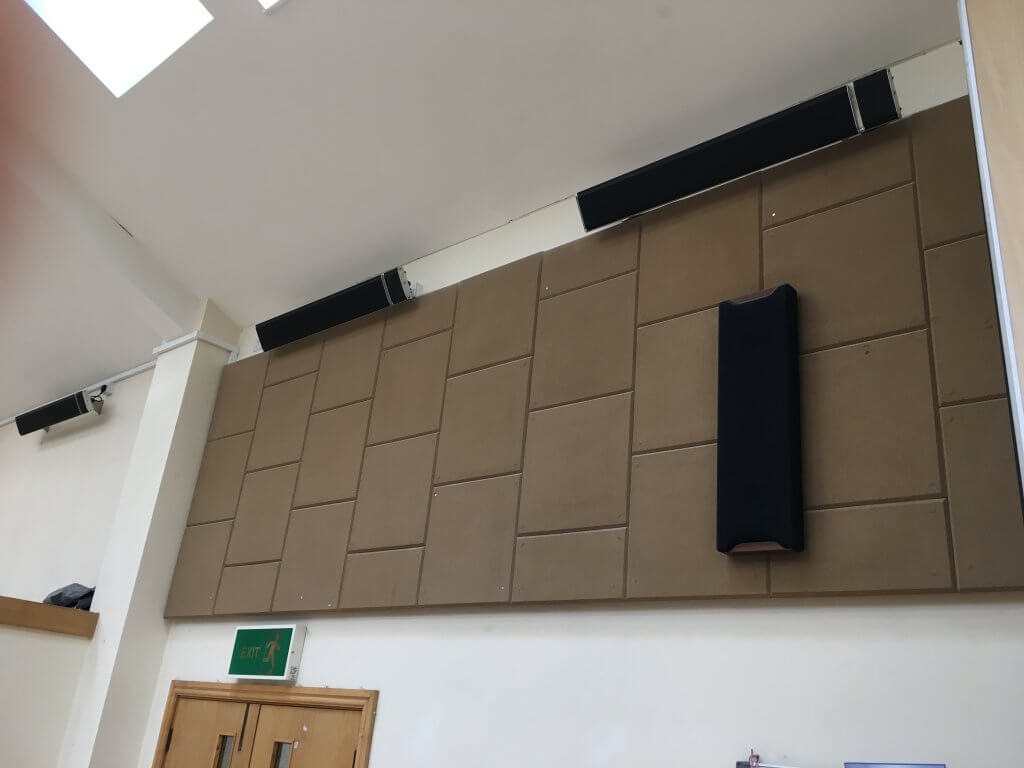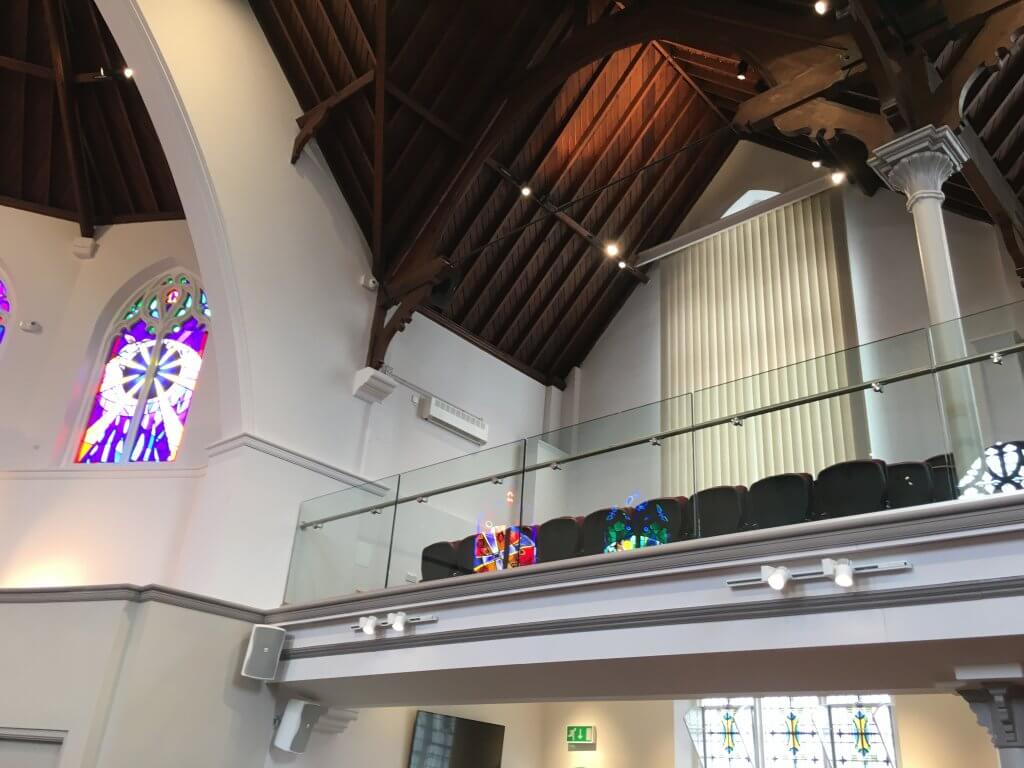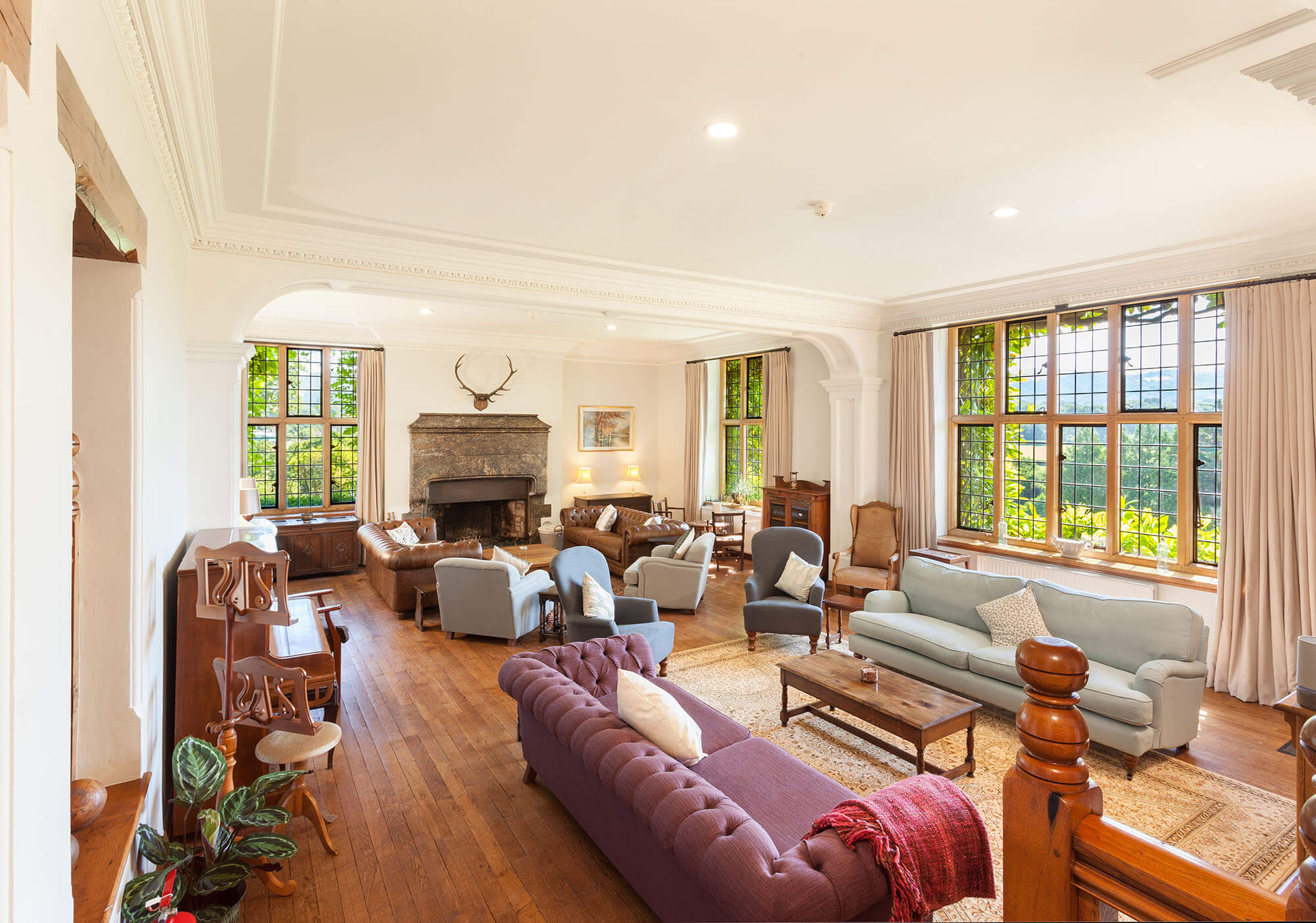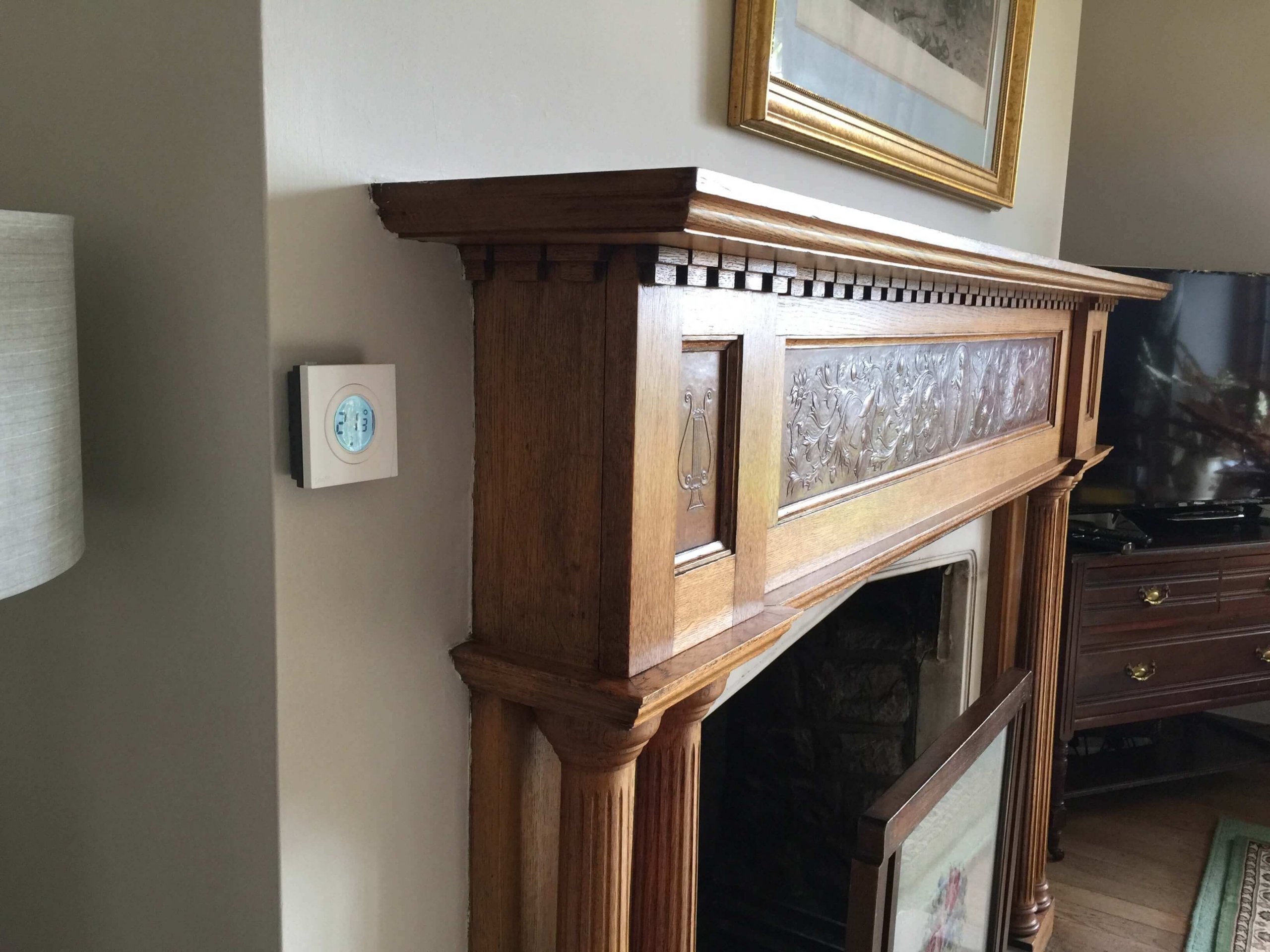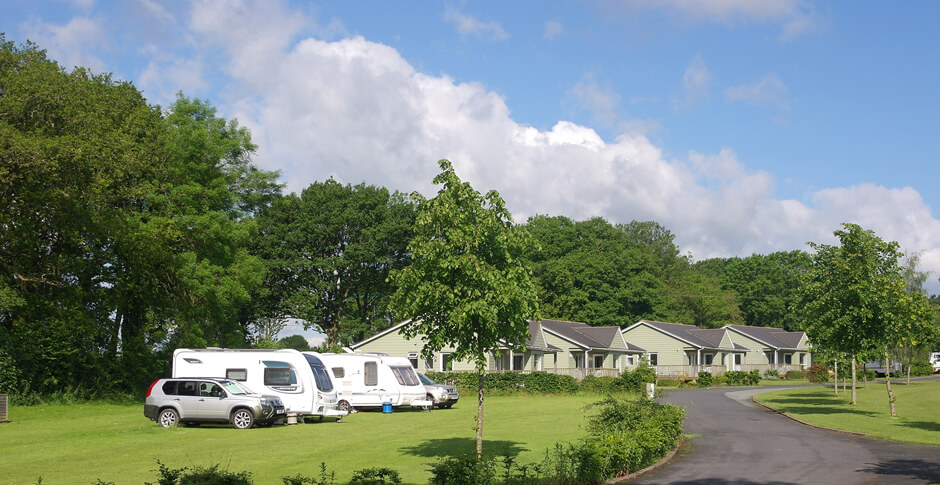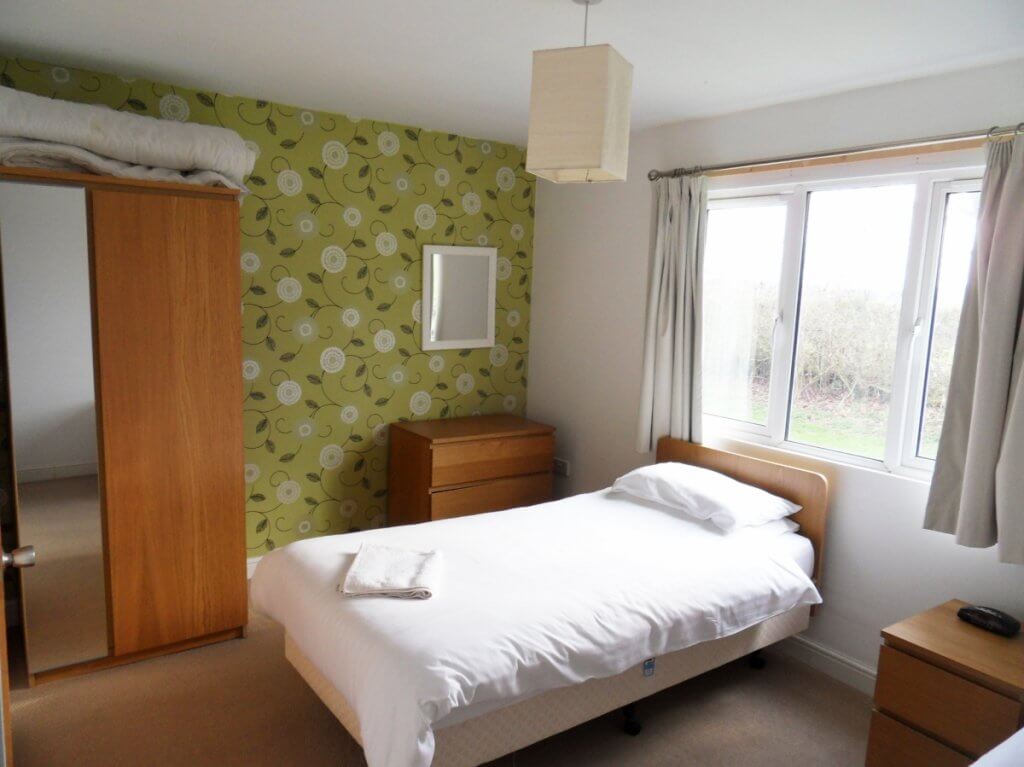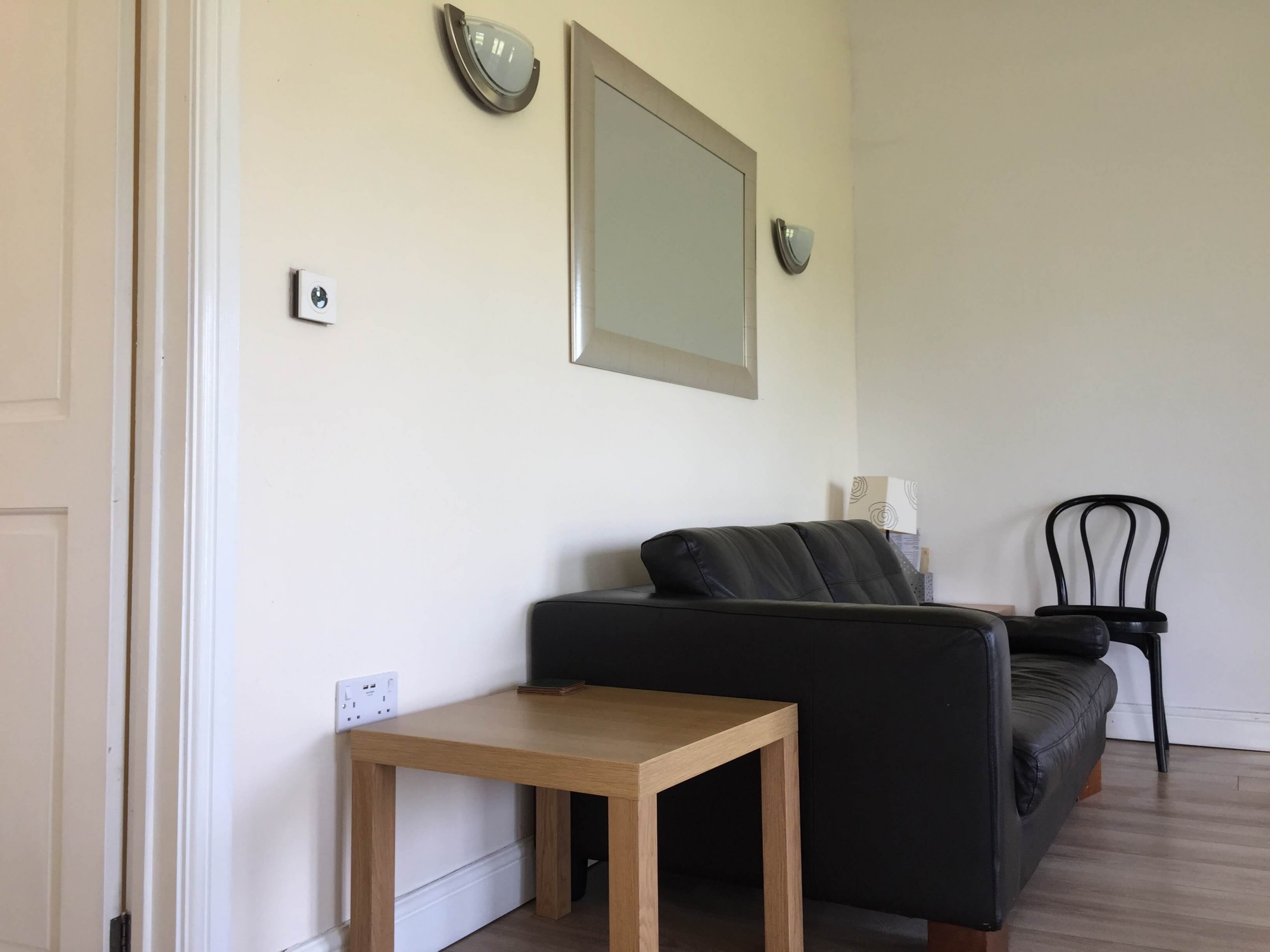

The Royal North of Ireland Yacht Club
CASE STUDY
The Royal North of Ireland Yacht Club is one of the largest Sailing Clubs in Northern Ireland with around 1,000 members. Gaia Smart Energy recently worked with the Royal North of Ireland Yacht Club to review and optimise their energy set-up, resulting in savings of 45% on heating costs using Genius Hub.
The installation process was Straight forward and left a lasting impression on the Royal Yacht Club team
"It is easy to use, and you can plan for a week in advance for heating rooms that are only used occasionally." "We only have heating where and when we need it so there is less wastage and it is friendlier to the environment."
How did you control your heating before?
“Our heating system before didn’t allow for much control– it was separated into 3 zones to heat different areas of the Clubhouse, but this was ineffective and led to areas being heated that weren’t being used on a daily basis. The control system was in the bar and could be accessed by everyone, and this didn’t allow it to be managed effectively. Redesigning and installing a new heating system, which had been installed in 1985, would have involved enormous expense in re-piping and zoning. Since the radiators were all approaching 40 years old, replacing them would have been an enormous job, never mind the building work involved.”
What do you like about the system
“It is easy to use and you can plan a week in advance for heating various rooms that are only used occasionally. It is more efficient and means we only have heating where and when we need it, so there is less wastage and it is friendlier to the environment.”

